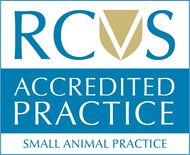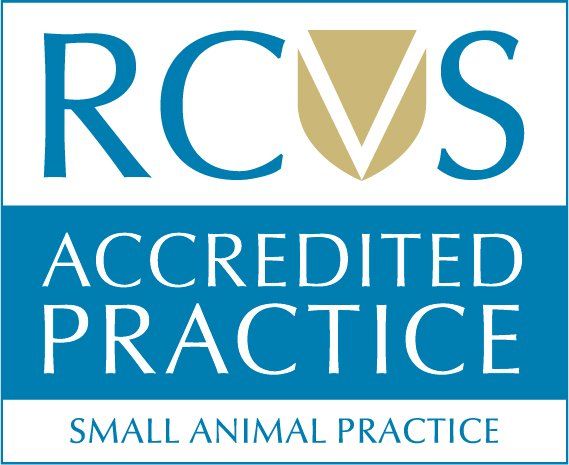What is Soft Tissue Surgery?
Soft tissue surgery covers a wide range of operations and procedures including tissues that connect, support, or surround other structures and organs of the body, excluding surgery involving bone.
What can Jurassic vets do?
Jurassic Vets' modern facilities means that our vets can routinely perform intricate, soft tissue surgery in house. All our vets are very experienced in performing soft tissue surgery. Peter is especially interested in fine, precise (fiddly!) surgery and really enjoys carefully closing wounds and removing tricky lumps.
Once trained our registered veterinary nurses can also perform some soft tissue surgery under Schedule 3 of the Veterinary surgeons act.
Abdominal surgery
Routine spaying is classed under abdominal surgery, this is because the veterinary surgeons must open the abdominal cavity. Although performed frequently, these procedures do have risks just like other abdominal surgeries.
In other cases abdominal surgery may be required to remove the spleen or other masses found within the abdominal cavity.
Rhinoplasty and Soft plate resection
Some flat faced dog breeds such as French bulldogs, Pugs and, Bulldogs have narrow nasal passages. In some cases surgery will be required to widen the nasal passage.
In order to help open the airways, the soft plate may need shortening to prevent the larynx from being blocked.
Both of these surgeries can be life changing to some dogs, helping them to breath easier and more comfortably.
Urogenital surgery
Surgery of the kidneys and bladder is usually required due to bladder stones which can't be dissolved. If left, these stones can be very painful and will need removing surgically.
Lumpectomy surgery
Pets can develop either benign or malignant lumps both internally and externally. These lumps may need removing for several reasons. Our vets can excise lumps if indicated. First masses will be identified by a biopsy so the vets know what technique to use.
Endocrine surgery
Gastro-intestinal surgery
Unfortunately, we can't always tell our pets what can and can't be eaten. On many occasions our vets will be required to operate on pets to remove foreign bodies that can't be digested.
We have successfully removed, fruit stones, corn on the cob, stones, socks, toys, plastic and pine cones to name a few.
Dogs are commonly known for being scavengers and eating what they shouldn't. Although much rarer, cats have also been known to do the same.
JURASSIC VETS SIDMOUTH
01395 208620
contact@jurassicvets.com
12 Woolbrook Road
Sidmouth, EX10 9UU
OPENING HOURS
- Mon - Fri
- -
- Saturday
- -
- Sunday
- Closed
JURASSIC VETS COLYTON
01297 613000
contact@jurassicvets.com
Town Mill,Rosemary Lane
Colyton, EX24 6LS
OPENING HOURS
- Mon, Fri
- -
- Tue - Thu
- -
- Sat - Sun
- Closed
Jurassic Vets Limited - registered in England and Wales | Company Registration Number 12993183 | Registered Office: 12 Woolbrook Road, Sidmouth, Devon, EX10 9UU


